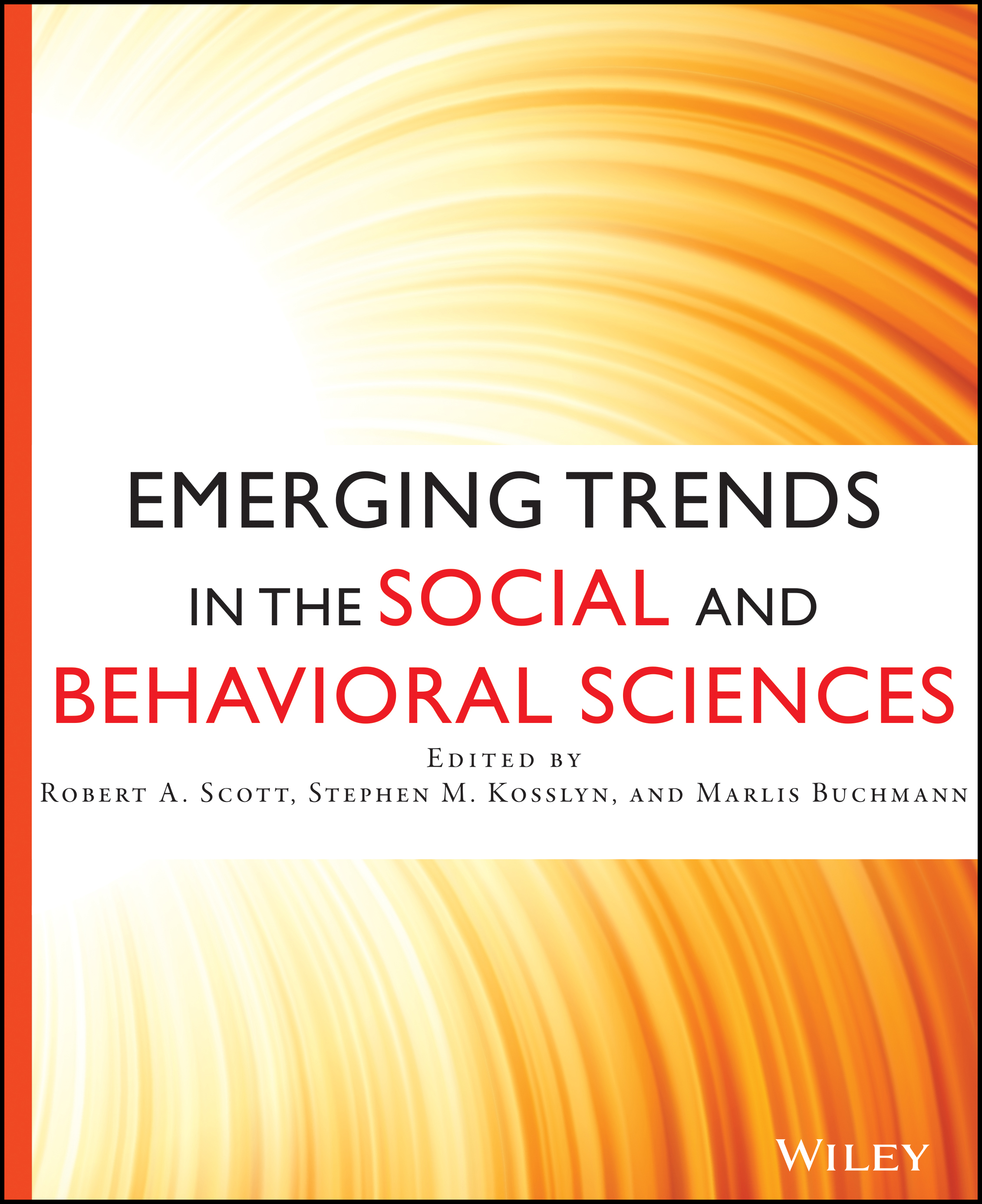Schooling, Learning, and the Life Course
Abstract
The modern life course is characterized by three major trends: (i) schooling has increased worldwide and penetrates virtually all phases of life; (ii) the globalization of the economy has rendered work, and the features of modern life that stem from it, less predictable; and (iii) new technologies and the ongoing institutionalization of the self allow for participation in an ever-increasing number of communities. These shifts open up new ways of thinking about the life course, moving from the traditional framing of the life course as a sequence of role transitions to a view that highlights competent membership in a configuration of communities of practice, particularly in the domains of work, family, and leisure. This shift also entails moving from schooling as credentials and human capital to understanding what is learned in school that is relevant to being a competent adult. Theories of how what is learned in school might transfer to adult life continue to outstrip the prevailing technologies for assessment of that learning.



